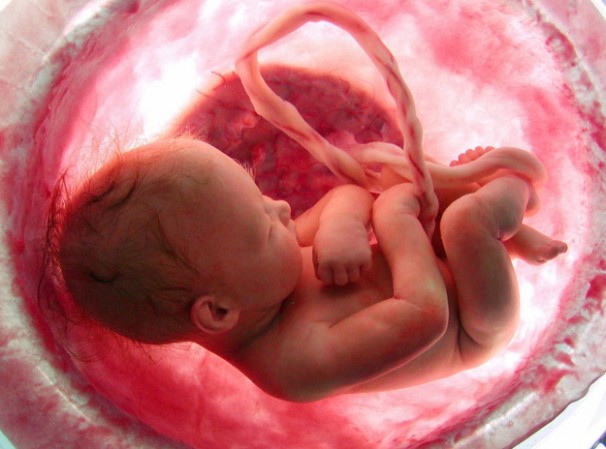An unborn baby’s life may be spared in India after a medical board decided that a late-term abortion would be too dangerous for the baby’s mother, a 15-year-old rape victim.
Last week, the family of the young rape victim asked a Chandigarh court for permission for a late-term abortion. However, on Monday, a medical board recommended against the abortion, saying it could lead to serious health issues for the teen, the Hindustan Times reports.
Abortions are illegal after 20 weeks of pregnancy in India. However, women or their families increasingly have been petitioning the high court for permission to abort their unborn babies after the limit, especially in cases involving fetal abnormalities or sexual assault.
At 20 weeks, an unborn baby is nearly fully formed and close to the point of viability (about 22-23 weeks). Later-term abortions also are risky and can be deadly for the mother.
The teen is about six months pregnant, according to the report.
At the time of the writing of this report, the Chandigarh court has not yet ruled on the situation. However, courts typically follow medical boards’ recommendations in such matters.
Here’s more from the report:
The board, comprising doctors and other experts, was set up on the juvenile court’s directions and the head of the gynaecology department, Government Multispeciality Hospital, Sector 16, submitted the report today.
The mother of the rape victim had approached the district court last Tuesday seeking permission to abort the foetus.
Click here to sign up for pro-life news alerts from LifeNews.com
The victim’s 17-year-old boyfriend was arrested on August 9 for allegedly raping and impregnating the minor. He is facing charges of rape under the Indian Penal Code, and Protection of Children from Sexual Offences (POCSO) Act.
Increasingly, Indian courts have been granting late-term abortion exceptions to women who are victims of rape or whose unborn babies have disabilities. In cases of fetal anomalies, the courts seem to base their decisions on the unborn child’s likelihood of dying soon after birth and significant risks to the mother’s health.
In the past, the courts have refused several cases where the babies had treatable conditions, such as Down syndrome. In January, a Bombay court rejected a woman’s request for an abortion at 31 weeks because doctors said it was too risky.
However, last summer, the Supreme Court of India gave another women permission to abort her unborn child at 24 weeks of pregnancy.








